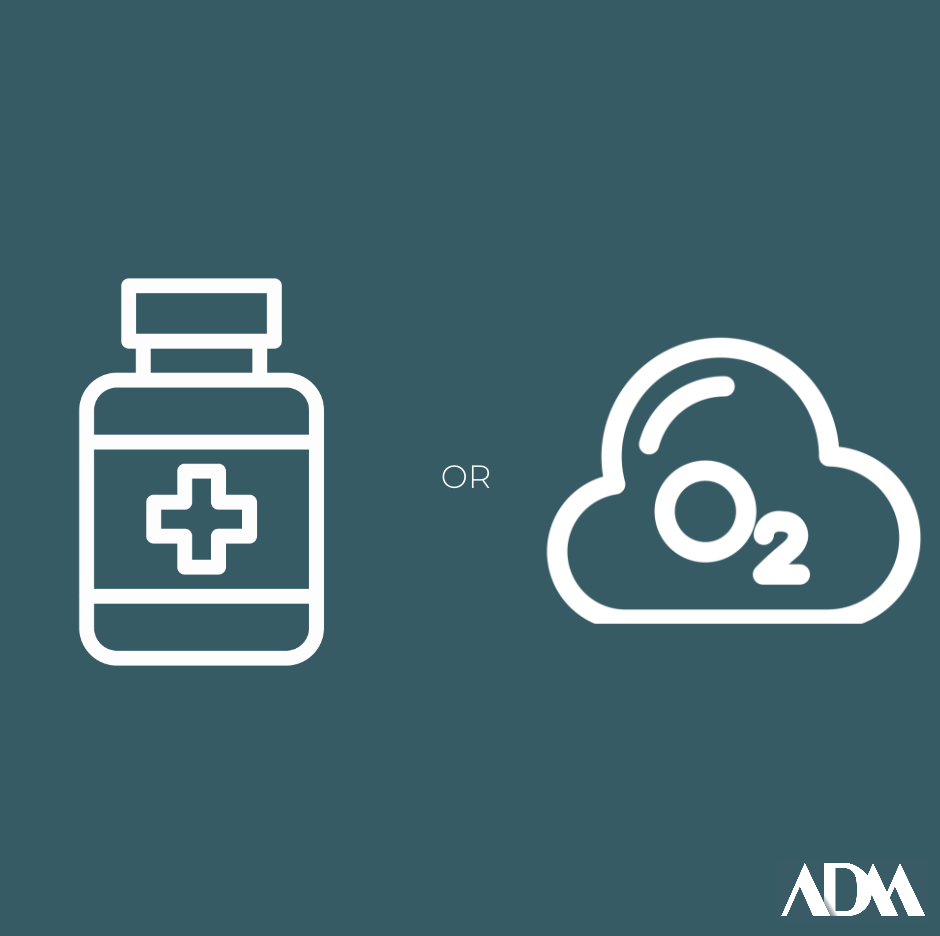Subsidies: oxygen or painkiller?

This is also new in our TIP-IM. Not the subsides… But in every edition, we are going to engage with our readers on a particular topic. We will give our opinion and ask for your reaction.
Since, in this first autumn issue, we are talking about breathing oxygen into the economy, a company or an organization, we openly question to what extent subsidizing economic activities is desirable and effective. In short, breathes in fresh and healthy air?
It could be argued that subsidies give businesses the support they need to (continue to) grow or cope with adversity when a sector or the whole economy is slacking. But do financial supports from the government really make entrepreneurs “freer” to do business? We have our doubts about this.
Two examples: fossil fuel subsidies and agriculture
In 2015, global subsidies in that sector reached an astronomical $5300 billion, or 6.5% of global GDP (Coady et al., 2017), which was larger than the total health spending of all countries in the world in the same year. (Source: Coady, David, Ian Parry, Louis Sears, and Baoping Shang. 2017. “How Large Are Global Fossil Fuel Subsidies? “World Development 91:11-27).
Supporting oil prices, for example, can artificially keep companies in energy-intensive sectors alive but thwart investment in alternative energy sources.
Agricultural production subsidies, where farmers receive a higher price than the price of imported food, also provide little incentive for farmers to improve efficiency.
In both cases, they hinder creative entrepreneurship.
Transition
When subsidies are used to correct market imperfections, they can potentially demonstrate efficiency. This is the case when subsidies encourage companies to invest in research and development, for example, which benefits not only them but also the sector or society as a whole. But even then, public money should be handled strictly and critically whether the companies concerned can provide sufficient information to show that they will be successful once developed.
Efficiency
Admittedly, grants can also help young companies overcome an initial period of losses while waiting for sufficient growth to become profitable. But again, this should not be a “blank cheque” to keep people active. More than ever, we have enough intelligence and data to distinguish useful risks from reckless adventures. Let us apply these openly so that public money can be used in the best possible way to make us and better and happier and freer. That’s what we think. But what do you think? Let us know!